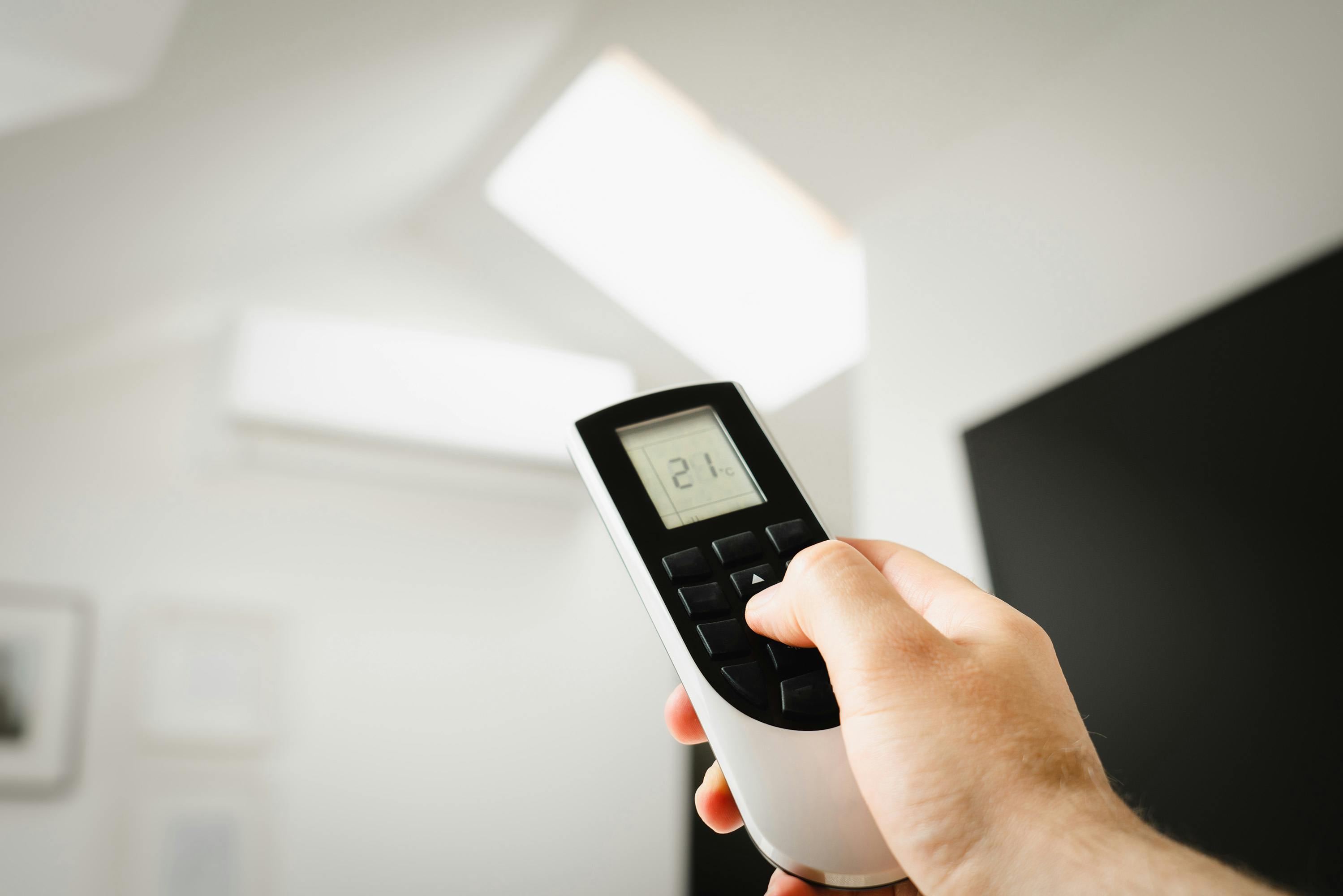
When it comes to staying cool during warm weather, it's important to understand the difference between air conditioners and air coolers. While both provide relief from the heat, they work in very different ways and serve different purposes. Air coolers are not air conditioning units and expecting them to perform like one will lead to disappointment. This guide will help you understand how each device works and what you can realistically expect from them.
How They Cool the Air
The main distinction between air conditioners and air coolers is the method they use to cool the air.
Air Conditioner: An air conditioner is designed to lower the temperature in a room. It operates using a refrigeration cycle to extract heat from the air and expel it outside. The result is cold air being circulated back into the room. Air conditioners are capable of significantly reducing the room’s temperature, even in extremely hot and humid conditions.
Air Cooler: Air coolers work on a simpler principle—evaporative cooling. They draw warm air through water-soaked cooling pads, which cools the air as water evaporates. The cooled air is then circulated back into the room. However, air coolers do not reduce the room’s temperature as much as air conditioners and simply create a cooling breeze that feels refreshing in the right conditions.
Cooling Power and Effectiveness
When choosing between these two, it’s crucial to set realistic expectations about cooling power.
Air Conditioner: If you need a device to cool an entire room and maintain a steady, lower temperature, an air conditioner is the better option. It can bring the room temperature down by several degrees, providing consistent and powerful cooling. This makes it ideal for hot and humid environments where stronger cooling is necessary.
Air Cooler: Air coolers are best suited for mild to moderate heat and dry conditions. They work well in smaller spaces and provide a refreshing breeze. However, in humid climates, air coolers are much less effective, as they add moisture to the air, which can make a room feel more uncomfortable rather than cool. If you're expecting an air cooler to function like an air conditioner, you'll be disappointed.
Energy Use and Cost
One of the benefits of air coolers is their affordability, but this comes at the cost of reduced cooling power.
Air Conditioner: Air conditioners consume more energy as they use a compressor and refrigerant to cool the air. This means higher running costs but also significantly better cooling performance. With an air conditioner, you’re paying for the ability to cool your space reliably and effectively.
Air Cooler: Air coolers are much more energy-efficient and use far less electricity, as they only need water and a fan to operate. They are a cost-effective option, both in terms of the initial purchase and ongoing energy use. However, you should bear in mind that they are not designed to provide the same level of cooling as an air conditioner.
Portability and Installation
Air coolers are far more portable and easier to set up than air conditioners.
Air Conditioner: Portable air conditioners, while somewhat mobile, require an exhaust hose to vent hot air outside, making them less convenient to move from room to room. Fixed air conditioners need professional installation, which adds to the cost and limits portability.
Air Cooler: Air coolers are fully portable and require no installation. You simply fill the water tank, plug it in, and it’s ready to use. This makes them perfect for temporary or spot cooling, but again, they don’t have the cooling capacity of an air conditioner.
5. Environmental Impact
If environmental impact is a concern, air coolers tend to have a lighter footprint.
Air Conditioner: While modern air conditioners are more energy-efficient than older models, they still use refrigerants and consume more electricity, contributing to a larger carbon footprint.
Air Cooler: Air coolers are an eco-friendlier choice. They don’t use refrigerants and consume significantly less power. However, it’s important to remember that the trade-off is a lower level of cooling performance.
Setting the Right Expectations
Air Conditioner: If you need a device that can cool your home effectively, maintain a steady temperature, and handle extreme heat and humidity, an air conditioner is the best choice. However, expect to pay more for both the unit and the energy it consumes in return for this level of cooling.
Air Cooler: If you’re looking for an affordable and portable option for cooling in dry climates or during moderate heat, an air cooler could be ideal. It’s energy-efficient and environmentally friendly, perfect for smaller spaces or occasional use. But keep in mind, air coolers are not air conditioners, and they won't cool a room in the same way.
In conclusion, if you need powerful, consistent cooling in a hot and humid environment, an air conditioner is the way to go. If you’re in a dry area and need a more budget-friendly and eco-conscious option for mild heat, an air cooler will suit your needs—but don’t expect it to perform like an air conditioner.
View our full range of Air cooling and Air Conditioning units here